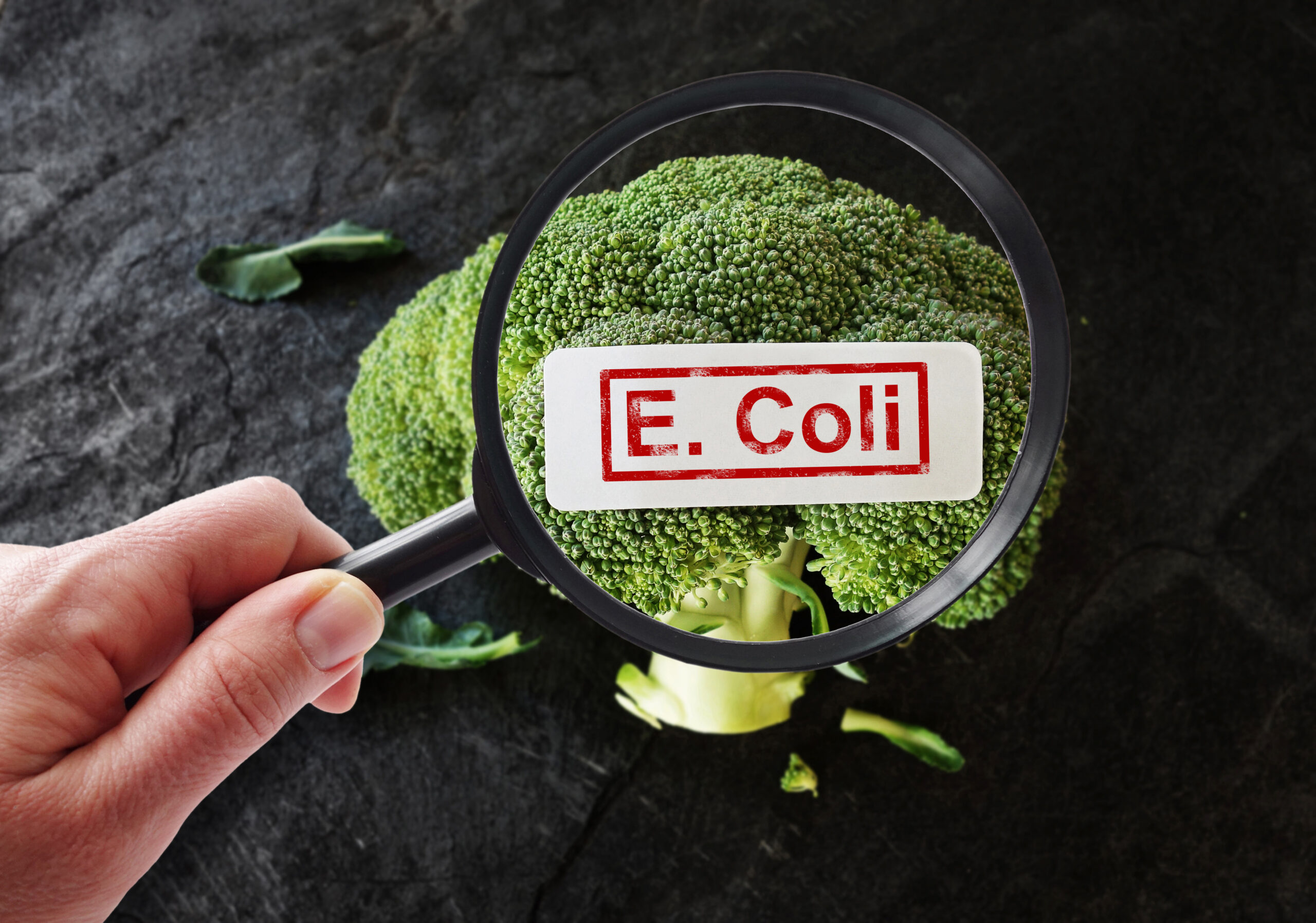Another day – another food recall.
It seems like we are constantly hearing about more and more food recalls. This is something we have seen affecting the majority of the states and products that have been distributed through both grocery stores and big box wholesale companies. Due to the number of recalls, it’s beginning to impact the wider population.
This news can bring about a wide range of emotions. Are you becoming weary with fear, stress, concern, or is your mind filled with the question – why? An expert in the field shares why news of food recalls and food contamination turns out to be a good sign for your health.
Dr. Arun Bhunia shares his insight on the matter. Bhunia is Professor of Molecular Food Microbiology, Chair of the Food Science Graduate Program at Purdue University. He has received numerous awards throughout his career and is Editor-in-Chief of Foods.
Your health, because of stringent measures in place by our government, is actually being protected when you hear of another recall.
When asked if he feels food contamination cases and recalls have increased in the past five years, Bhunia said, “I think so. There is an uptick in terms of recalls.”
Why is that?
“One reason could be government, federal agencies, the FDA and USDA are very good at tracking what is happening in terms of the food product,” he said. “And the regulatory compliance is a little bit stricter than before.”
These regulations (safety measures) are in place and are forcing companies to do better to provide healthy, safe food products to consume!
“Companies producing products … need to comply with certain microorganisms – contaminant levels in the food,” he said.
Government agencies test foods that become available to us for purchase and “while the agencies are testing for contaminants, they are realizing [companies] are exceeding their limit,” Bhunia continued.
It’s a cycle. Bhunia stated that once an agency finds a problem, a contaminant that is exceeding the allowed limit, recalls and food contamination cases “are going to go high.”

There are many more factors than just testing that play a role in what is healthy or safe. Blame cannot simply be placed on an individual, company, or group because our environment plays a significant, unpredictable role in it.
What affects food contamination and aids in the soaring number of recall cases?
- Where food is being grown and transported from
- Climate change – temperature rise, flooding, natural disasters (hurricanes, tornados etc.), water contamination
- How food is being prepared
These factors and more “play a big role in finding more pathogens or high number of microbes in our food,” he said.
Once numbers rise, “food quality changes” and “obviously the food doesn’t qualify to be sold to consumers,” Bhunia explained.
From general knowledge and literature, as his role expertise is not in a testing laboratory, Bhunia stated that “fruits and vegetables seem to be soaring higher in bacterial counts.”
Let’s talk about water contamination. Practically every crop, animal, plant needs water to grow – in order to produce a consumable product. We as humans need clean water to drink (and should have access to it).
“About 7.2 million Americans get sick every year from diseases spread through water,”* the CDC states. Keep in mind that “The United States has one of the safest drinking water supplies in the world.”*
What a statistic – from what’s known as the cleanest water source in the world. A solid reminder that when traveling abroad to stick to bottled water. A small price to pay to stay well.
“Water contamination (run off) can also increase the microbial load as it is contaminating the water,” he said. This “can play a role in fruit and vegetable contamination.”
Why should you look at where your food is being sourced from and grown when buying?
Countries have different practices, standards, requirements in place – especially important to note when it comes to sanitation.
It’s up to us to educate ourselves on health risks posed to us by what we consume. Food matters. We need to make informed decisions when it comes to what we buy, where we buy it from, how we transport it home, and the practices we take when preparing it to eat. We do have a substantial amount of control over what we choose to put in our mouth.
Instilling this knowledge in the generations to come, allowing them to witness our actions – has the ability to foster a healthier, safer population.
What country has the most stringent requirements and in turn, likely the healthiest products offered to consumers?
“We make a case that the US food supply is the safest food supply in the world,” said Bhunia.
Why is the US’s food supply the safest?
Because of:
- “Hygienic measures US food production takes,
- Food production practices,
- Regulatory compliance,
- Sanitary practices”
Bhunia expressed he believes it is still “top of the list,” based on the above factors.
When asked what other countries, if any, are comparable in safety for consumption, Bhunia stated, “European countries also have a very advanced system – they have high-quality products.”
What countries commonly fall to the bottom of the list of health and safety?
“We see higher numbers of reported pathogen contamination levels in African and Asian countries,” he said. Bhunia clarified that “it’s actually very difficult to put solid numbers” for comparison as testing is not done uniformly on products across the globe.
He stated that hygienic measures and practices are vastly different outside of the US, Europe or economically developed countries “you can expect higher levels of contamination.”
The impact of food health and safety is felt on a worldwide level. How can you make a difference today for a healthier tomorrow?
Watch for more from Dr. Arun Bhunia in the coming weeks.
*CDC
This website does not provide medical advice. No material on this site is intended to be a substitute for professional medical advice, diagnosis or treatment. It is for informational purposes only. Always seek the advice of a medical professional or other qualified health care provider on any health matter or question.
